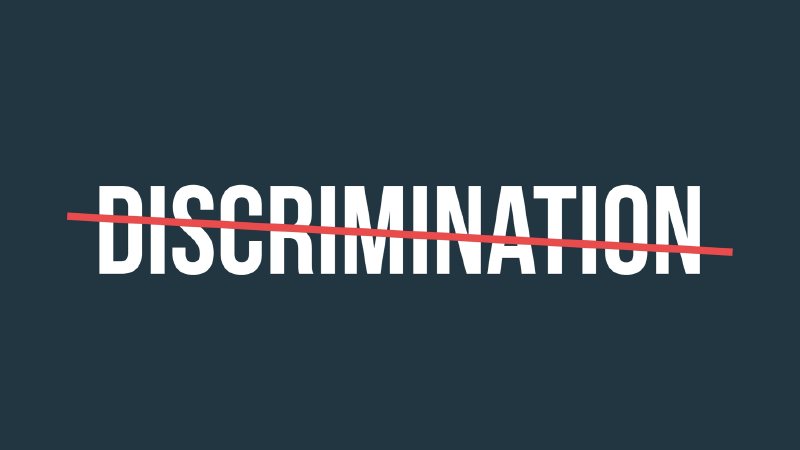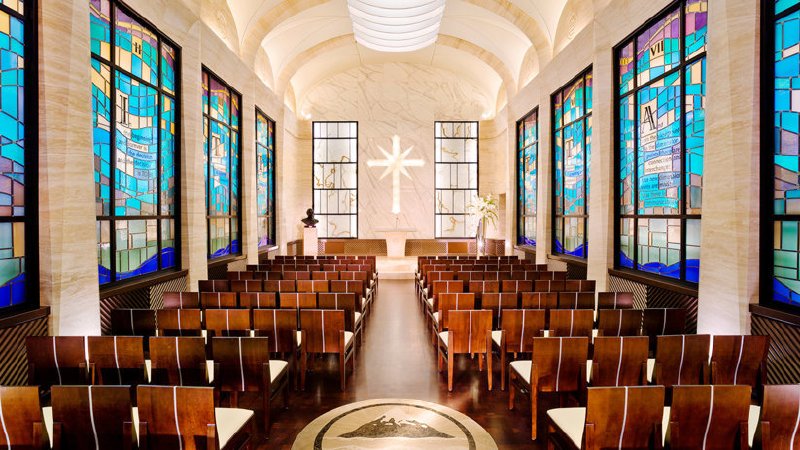
-
HOME
-
WHAT IS STANDOur Mission Our Values Our Help Contact
-
WHAT WE FIGHT FORReligious Freedom Religious Literacy Equality & Human Rights Inclusion & Respect Free Speech Responsible Journalism Corporate Accountability
-
RESOURCESExpert Studies Landmark Decisions White Papers FAQs David Miscavige Religious Freedom Resource Center Freedom of Religion & Human Rights Topic Index Priest-Penitent Privilege Islamophobia
-
HATE MONITORBiased Media Propagandists Hatemongers False Experts Hate Monitor Blog
-
NEWSROOMNews Media Watch Videos Blog
-
TAKE ACTIONCombat Hate & Discrimination Champion Freedom of Religion Demand Accountability
Passover: A Holiday for All Seasons and Faiths
Passover is a festival of freedom. It is unique in that regard. It’s not a festival of rebirth (like Easter), or hope (like Christmas) or the triumph of light over darkness (like the Hindu festival of Diwali). It doesn’t mark the miracle of survival (like Chanukah) nor the receiving of the holy word (like Ramadan).
Passover is all about freedom.

Freedom—freedom from bondage, freedom from haunting doubts, freedom from anything that is holding one back without one’s consent—is something we’ve all sought and yearned for.
The passion for it may gutter and dim, but it never goes away.
As both an abstract concept and concrete goal, freedom is so worthwhile a pursuit that Scientology Founder L. Ron Hubbard was moved to write that “an analysis of various changes in human history show that the best and only effective thing we did or anyone ever did was advocate freedom.”
Today, there are many pharaohs across the globe. Some rant from soap boxes. Others from high government positions. Still others from the safety of social media.
The wish for freedom strikes a similar chord within all humans, no matter what differences exist otherwise. Freedom has been used throughout history as a dream, a rallying cry and a call to arms. Freedom, throughout the Book of Exodus, is a recurring refrain. Like a bell tolling again and again—no less than nine times—we hear the demand, Let my people go.
The words echo down through the ages to oppressors and oppressed alike.
Let my people go bears urgent and heartbreaking meaning not only to the ancient Hebrews in bondage, but to the modern Christians of Nigeria—in a country where members of that faith are abducted, raped and murdered by extremist groups.
Let my people go has tragic significance to the Muslim Rohingya community of Burma, the target of an overt genocidal campaign.
Then there are the Jews of Europe, America and elsewhere now experiencing skyrocketing hate crime, making many afraid to appear in public with any outward identification of their faith. For them, Let my people go may be sung, chanted and murmured this Passover with a tense—sometimes desperate—fervor.
There was a Pharaoh in Egypt, hardhearted and cruel, who thought himself above the laws of humanity when treating the Children of Israel as pieces of property rather than free, sentient beings. But today, there are many pharaohs across the globe. Some rant from soap boxes. Others from high government positions. Still others from the safety of social media.
But no matter their platform, what they all have in common is this: They perceive the freedom of others as a threat to their own power. Freedom, to them, is an evil to be banished, a pestilence to be stamped out. According to a recent study, these modern-day pharaohs have successfully “harassed” religion in 183 countries.
But they have not wiped out the hope of freedom, nor have they stopped the myriad courageous men and women who foster that hope around the world—often at the price of their own freedom.
That’s because you can’t enslave something that is, by its very nature, free. You can’t stop an idea with guns or boundaries or barbed wire.
Freedom is an idea.
In many respects, it is the only idea.
And so, Passover, which celebrates, commemorates and, above all, reminds us of that idea, is a holiday for all seasons and all faiths.









